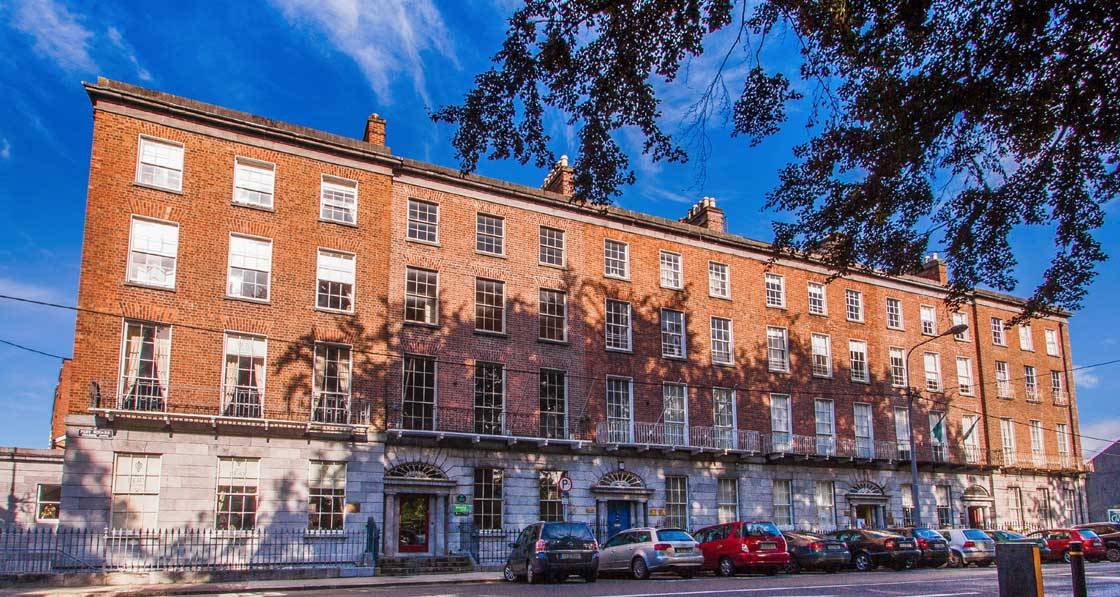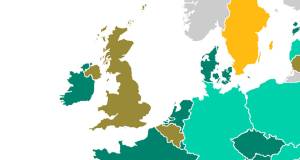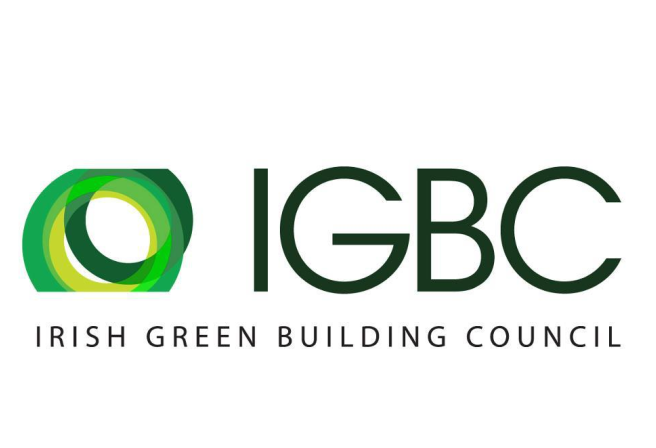
- Employment
- Posted
Supporting green building’s upskilling
Over the past couple of months, the Irish Green Building Council (IGBC) has been focusing on helping those in the industry to upskill during the lockdown.
This article was originally published in issue 34 of Passive House Plus magazine. Want immediate access to all back issues and exclusive extra content? Click here to subscribe for as little as €10, or click here to receive the next issue free of charge
The IGBC first launched a learning hub on its website. This includes learning materials and webinars on NZEB, zero carbon, resource efficiency and circularity, health and wellbeing, green building certification, finance, and sustainable communities. All webinars are publicly available and free of charge for IGBC members. In addition, the certification training for both HPI and LEED has been redeveloped as online courses.
Among the resources available is the recently completed ‘Green Home Solutions’ webinar series. The series was very popular with over 600 building professionals registered.
A new ‘Renovation Solutions’ webinar series started at the end of June. Topics to be covered include moisture management in solid walls, external wall insulation, ventilation and air quality, as well as designing heat pumps for existing homes.
Those interested in upskilling in energy renovation may also want to check out the new BUILD UP Skills Advisor app. The app has been developed by the IGBC, in conjunction with Limerick Institute of Technology. It allows building professionals and construction workers to identify energy renovation training courses that suit their needs in one click.
Finally, the IGBC has developed two mail courses in association with the UK Green Building Council: ‘Sustainability Principles in the Built Environment’ and ‘Achieving Net Zero Carbon Buildings’. Each mail series course is delivered in four easy-to-read emails over four weeks.
Towards zero carbon cities
On 15 May, the IGBC held its first online conference, titled ‘Regeneration’. The conference focused on zero carbon cities in the post Covid-19 era. A representative of the City of Helsinki explained how the city is planning for carbon neutrality by 2035, including carbon neutral buildings.
The Finnish capital is one of the latest cities to join the World Green Building Council’s net zero carbon buildings commitment. The commitment challenges cities and businesses to reach net zero operating emissions in their portfolios by 2030, and to advocate for all buildings to be net zero carbon in operation by 2050. The conference attendees also learnt more about how Limerick City Council are planning a carbon positive Georgian quarter.
The keynote speaker was the well know urban planning guru, Brent Toderian. Toderian is a former director of planning for Vancouver city. He has subsequently advised cities as diverse as Medellin, Sydney, and Helsinki on how to design great places for people. In particular, he spoke about how “If you design a city for cars it fails for everyone including drivers.”
Toderian also commented on Ireland’s climate action plan goal to have at least 500,000 electric cars on the road by 2030: “Your goal shouldn’t be to replace half a million fossil fuel vehicles with half a million electric vehicles. It should be to replace them with 250,000 electric vehicles. The answer has to be fewer cars.”
To support Irish local authorities in decarbonising their existing building stock, the IGBC is developing a multi-level energy renovation framework . The objective of the framework is to better align local and national government retrofit initiatives, and to enable the capturing of sound data on energy renovation programmes, including co-benefits.
This in turn will allow local authorities to better evaluate which energy renovation initiatives are successful and why, and to make a valuable contribution for the design of national policies. To make it as easy as possible for local authorities to use the framework, it will be designed to be integrated into the Covenant of Mayors' reporting tool. A draft version of this framework will be piloted by Dublin City Council between July and December 2020. The IGBC is now inviting other local authorities that are interested in learning more and/or testing the framework in spring 2021 to contact them.
Bringing embodied carbon upfront
Most of the industry and policy focus to date has been on tackling operational carbon — 29% of global emissions. But the construction of new buildings and infrastructure accounts for 11% of global carbon emissions, before they are even used or operated.
These ‘embodied carbon’ emissions result from the extraction of materials, their transport to the manufacturer, the manufacture of the products and their transport to site, maintenance during the lifetime of the building, and finally removal, transport and end-of-life processing. In order to meet the imperative to maintain the global temperature rise below 1.5C, upfront embodied carbon must be addressed in addition to operational carbon.
To support this transition, One Click LCA with the support of the IGBC has launched One Click Planetary. This free tool allows building professionals to measure embodied carbon in Ireland. One Click Planetary includes all the data from the IGBC’s EPD Ireland Environmental Product Declaration Programme. EPD Ireland allows manufacturers to publish independently verified information about the environmental impact of their products.
Further information at www.igbc.ie







